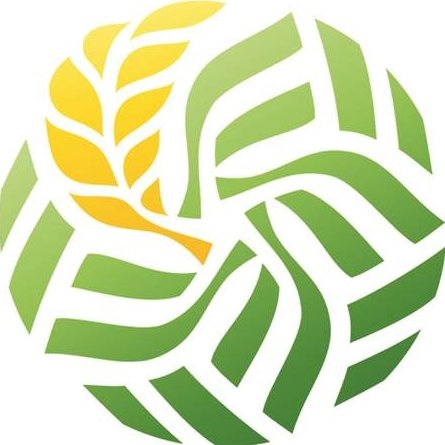Including Millets in the Public Distribution System
Originally published by the Hindustan Times

This article is authored by Prabhu Pingali, Governing Board Chair, ICRISAT & Founding Director, Tata-Cornell Institute; and Raghav Puri, Research Associate, Tata-Cornell Institute.
With the International Year of Millets over, the modest millet is showing signs of revival. Awareness campaigns over the past year have led to increased knowledge of the many benefits of this wonder crop. Nutritionists love millets for their high nutritional value relative to staple grains, while environmentalists favor their low water use compared to rice and wheat cultivation. However, with increasing urban demand and government efforts to promote millet production through higher price guarantees, it is essential to ensure that millets remain accessible to low-income households. As millet prices increase, the government can ensure the availability of millets for all Indians by promoting their consumption through the Public Distribution System (PDS).
The PDS provides 5 kg of fully subsidised food grain to over 800 million people (60% of the population) every month. Even though the National Food Security Act of 2013 has a provision to include coarse grains, most states continue to provide a combination of primarily rice and wheat to PDS beneficiaries. Last year, the government distributed 48.7 million tons of food grain to NFSA beneficiaries through the PDS; of this, rice and wheat accounted for 66.8 and 31.9%, respectively, while millets accounted for a mere 1.3%.
The Tata-Cornell Institute for Agriculture and Nutrition at Cornell University, examined the economic and environmental benefits of increasing the share of millets in the PDS. In 2021-22, the economic cost (i.e. the cost incurred by the government in procuring and distributing food grain through the PDS) of rice, wheat, and millets was ₹36.7, ₹25.9, and ₹32.9 per kg, respectively. The economic cost of millets is a weighted average of the corresponding figures for bajra, ragi, and sorghum. The findings estimated that replacing one kg of rice with one kg of millets for a quarter of PDS beneficiaries (about 200 million people) would reduce the economic cost of the PDS by ₹913 crores (~ 1% of the total cost of the PDS). This is due to the lower cost of procuring and distributing millets through the PDS, particularly bajra and jowar, relative to rice.
However, millets have an environmental benefit that is not reflected in the economic cost of the PDS. Millet cultivation uses significantly fewer inputs than rice and wheat. For example, millet cultivation requires 79 litres of blue (irrigated) water per kg, while rice and wheat require 596 and 729 litres of blue water per kg, respectively. To account for this additional benefit, it is beneficial to use true cost accounting (TCA) to estimate the ‘true’ cost of distributing rice, wheat, and millets through the PDS.
TCA helps identify, quantify, and monetize ‘hidden costs’ associated with the production and consumption of food. It estimates costs associated with scarce water use (or unsustainable use of irrigation water) and greenhouse gas (GHG) emissions for each of these crops and find that the ‘true cost’ of distributing rice, wheat, and millets through the PDS is ₹68.5, ₹54.3, and ₹42.9 per kg. While economic savings only included the costs incurred by the government, our ‘true cost’ estimate accounts for savings associated with reduced water consumption and GHG emissions from millet production relative to rice. When accounting for the true cost of distributing food grain through the PDS, it is found that replacing one kg of rice with one kg of millets for a quarter of PDS beneficiaries would save ₹6,396 crores (~2% of the ‘true’ cost of the PDS).
In 2022-23, the government procured 0.7 million tons of millets. A majority of these millets were procured and distributed in Karnataka. One way to build on this momentum is to promote decentralised procurement of millets in Rajasthan and Maharashtra, which are responsible for producing 40 and 33% of bajra and jowar in the country. Increasing procurement of food grains from these states can help decentralise procurement for the PDS and spread the income benefits to farmers more broadly across the country.
As the price and popularity of millets continue to rise, it will be pivotal to ensure that millet farmers and low-income households are not left behind. Promoting the inclusion of millets in the PDS can help alleviate these concerns and save millets from becoming the next quinoa or avocado—crops that have the potential to benefit all but have become boutique foods.
Read the original article here.
Header image courtesy Pintrest.
